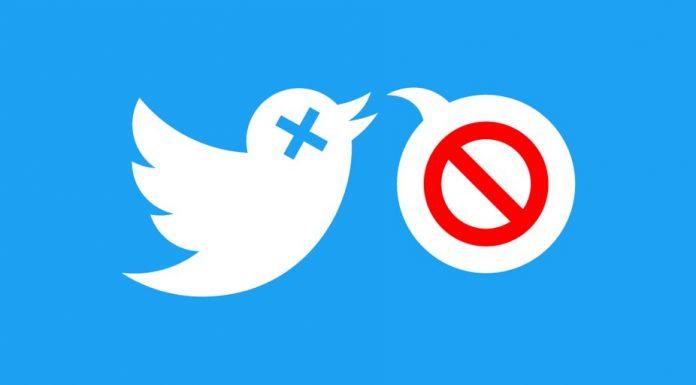(John Ransom, Headline USA) The 9th U.S. Circuit Court of Appeals found in favor of Texas Attorney General Ken Paxton, dismissing a lawsuit by Twitter that sought to block an investigation, as Paxton seeks to look at the company’s decision to boot then-president Donald Trump from the social media platform in violation of the law.
“While Twitter could suffer hardship from withholding court consideration, adjudicating this case now would require determining whether Twitter has violated Texas’s unfair trade practices law before [Texas’ attorney general] has a chance to complete its investigation,” wrote Judge Ryan D. Nelson in the court’s opinion, according to the Washington Times.
Twitter is not above the law.
9th Circuit dismisses Twitter lawsuit against Texas over Trump ban https://t.co/fe3OJBhF8q
— Kohima🇬🇧 (@sean_baillie) March 3, 2022
Twitter claimed that Trump used its platform for the incitement of violence during the Capitol protests of January 6, 2021.
“After close review of recent Tweets from the @realDonaldTrump account and the context around them — specifically how they are being received and interpreted on and off Twitter — we have permanently suspended the account due to the risk of further incitement of violence.” said Twitter in announcing the decision two days later.
Bloomberg Law said the decision by the court was correct, given that the issues that Twitter has with the investigation are the very issues the Texas AG is seeking to determine.
Previously a federal judge had dismissed Twitters suit and the 9th’s decision was simply upholding the original ruling, said Bloomberg.
Courthouse News called the Twitter suit a “retaliation suit against Texas,” where, ironically, but unsurprisingly, six free-speech outfits filed briefs on behalf of Twitter’s ability to restrict the speech of a politician, saying the investigation interferes with Twitter’s First Amendment rights.
“These chilling effects ultimately harm the public, which relies on hosts to make important and timely content moderation decisions regarding disinformation, hate speech, harassment, and other such content, and which benefits from competition and diversity in the market of providers of user-generated content,” attorney Caitlin Vogus wrote on behalf of the free speech groups, said Courthouse News.
Twitter in this case is choosing to act as publisher and ignore its Section 203 carveout, which under federal law means Twitter “can’t be treated as the publisher or speaker of third-party content. This protects websites [including Twitter] from lawsuits if a user posts something illegal,” said the Verge.

